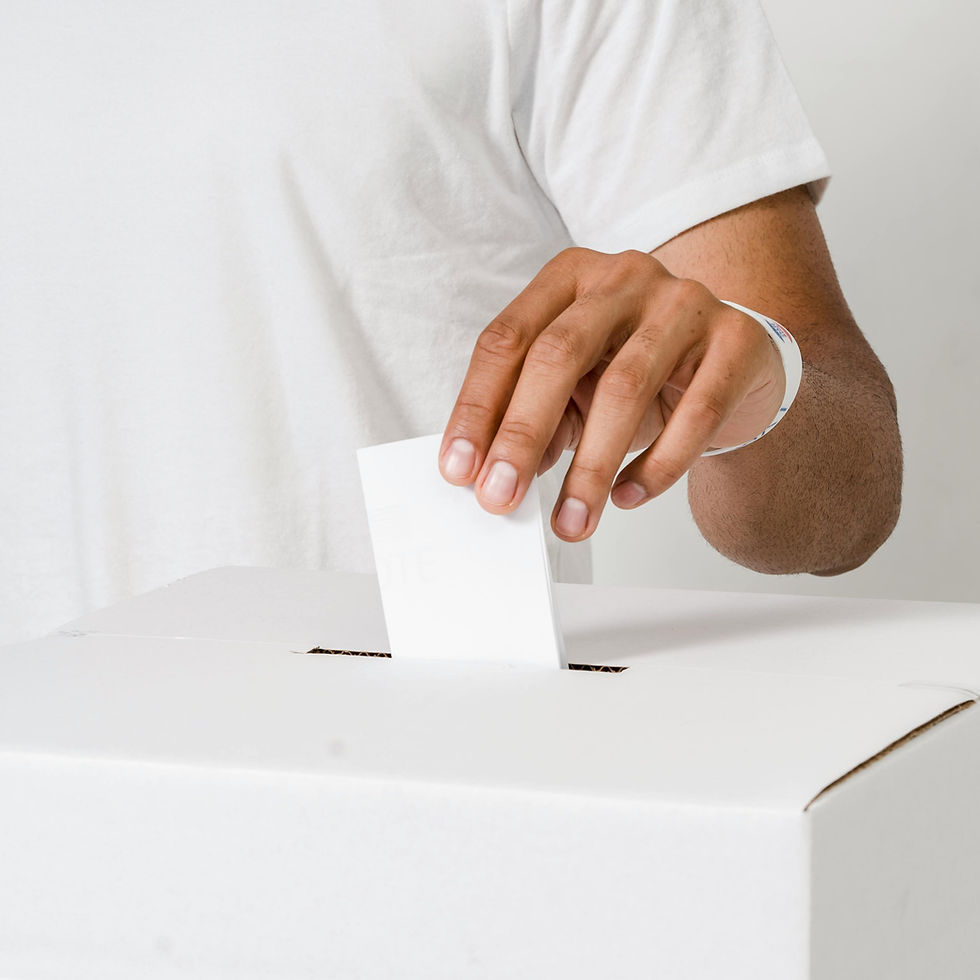Construction Industry Scheme & Domestic Reverse Charge for VAT launched from 1 March 2021
- Greenline Accountants
- Aug 28, 2020
- 2 min read
Having been delayed twice now owing to initially Brexit and then the COVID-19 Pandemic, the Construction Industry Scheme's reverse charge for domestic VAT will come into effect from 1st March 2021. Effectively this will mean that VAT cash will no longer flow between VAT registered businesses involved in the construction industry as it once did, preventing companies from using funds collected as VAT, as working capital in the interim before the VAT payment is due to HMRC.
The main idea is to prevent a situation whereby suppliers or ‘subcontractors’ charge main contractors VAT but for one reason or another, these sums never actually make it on to HMRC - a situation which is believed to cost the treasury significant amounts in uncollected VAT.
What does it mean in practice?
The official HMRC guidance can be found here https://www.gov.uk/guidance/vat-domestic-reverse-charge-for-building-and-construction-services and is worth your attention if you believe your business will be affected.
Essentially, the new Reverse Charge rules apply to suppliers of specified services, reported under the Construction Industry Scheme (CIS). However it will also apply to goods, where those supplies are provided alongside services specified in the CIS.
Suppliers will no longer be required to charge or receive VAT from their main contractor customers.
Instead, main contractors will effectively charge themselves VAT on subcontractors’ services, and pay the VAT sums that would have been paid to the subcontractor direct to HMRC in their VAT returns.
From 1 March 2021, for affected suppliers, subcontractors will need to issue domestic reverse charge VAT invoices to main contractors, which must include wording that reverse VAT rules apply and that the customer must account for the VAT.
The new arrangements apply to
Individuals & businesses registered for VAT in the UK, which sell to other VAT-registered businesses
Individuals & Businesses that provide services covered by CIS (see below)
What is and isn't covered by CIS?
CIS covers most construction work to:
a permanent or temporary building or structure
civil engineering work like roads and bridges
For the purpose of CIS, construction work includes:
preparing the site, eg laying foundations and providing access works
demolition and dismantling
building work
alterations, repairs and decorating
installing systems for heating, lighting, power, water and ventilation
cleaning the inside of buildings after construction work
Exceptions where you do not have to work under CIS
You don’t have to register for CIS if you only do certain jobs, including:
architecture and surveying
scaffolding hire (with no labour)
carpet fitting
making materials used in construction including plant and machinery
delivering materials
work on construction sites that’s clearly not construction, eg running a canteen or site facilities
Decision tree for when Reverse Charging of VAT applies
In practice the flow chart below gives a brief overview of when reverse charging of VAT will (and won't) apply

This requirement applies through the supply chain until main contractors sell to end users (clients) who do not sell on services.
Contact us
The details of the new legislation are obviously too vast top cover in a single article, and while we have already discussed this with many of our construction clients and the implications Domestic Reverse charge of VAT will have for them, we are asking anyone who wants to do more or discuss in more detail to contact us ahead of 1st March 2021.
We would also direct you to https://www.gov.uk/guidance/vat-domestic-reverse-charge-for-building-and-construction-services
for HMRC's official guidance on the new rules.




Comments